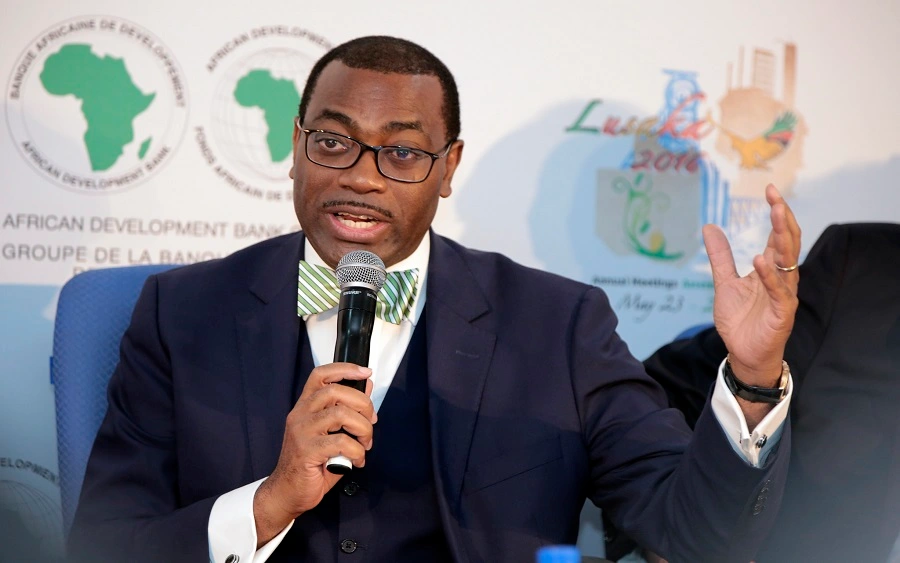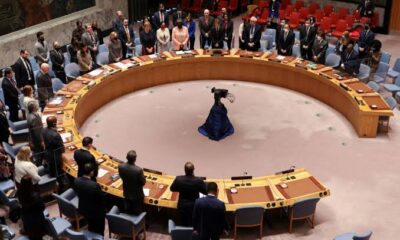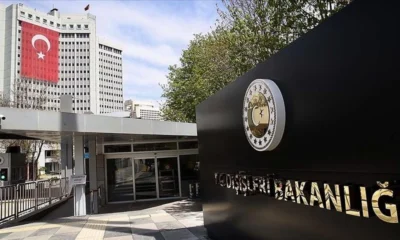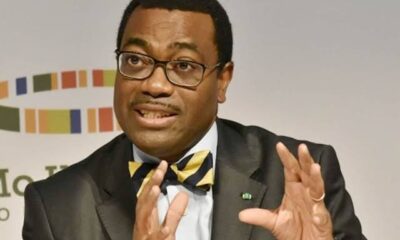In line with a global initiative to increase the efforts of leading multilateral development banks (MDBs) to address poverty and climate change, the African Development Bank (AfDB) and the Inter-American Development Banks (IDB) intend to convert each SDR into $4 in additional funding through the use of hybrid bonds and other financial instruments.
“All these countries have shown a lot of interest, and I think that with the approval from the IMF to use it (SDRs), it’s going to make that conversation a lot better,” AfDB President, Adesina said.
Japan has also pledged to help as a potential contributor of SDR, and in Europe, France has indicated interest in contributing some of its SDR for a simultaneous “liquidity guarantee” that would reimburse donors should they encounter difficulties.
“There are a lot of things that that bacon can feed – electricity, water sanitation, education,” Adesina stated, adding that he and Goldfajn have the remainder of the year to “bring the bacon home.”
The board of the AfDB separately approved a $117 billion capital increase earlier this month, and it is currently seeking an additional $25 billion for its concessional lending arm, the African Development Fund.
It aims to allocate a portion of the funds to projects like credit guarantees, which lower project financing costs by utilizing the bank’s triple-A credit rating as a halo.
It plans to use them similarly for debt-for-nature or climate swaps, which enable governments to reduce debt in exchange for safeguarding important ecosystems. Currently, Tanzania is employing them for railways linking Tanzania to the Democratic Republic of the Congo, Burundi, and Nigeria.
The AfDB’s almost-final year in leadership, Adesina, stated that acknowledging the economic and global significance of Africa’s savannahs, rainforests, rivers, and seas is also necessary.
According to his estimation, their worth is at least $6.8 trillion, and the bank plans to adjust the GDP calculations for the continent to account for this amount. For instance, the Congo Basin is thought to be larger than the Amazon to be the world’s greatest carbon sink.
“In a world of climate change and green growth that ought to matter,” he added, saying that if “properly valued” countries like Congo and Gabon would have much better debt metrics.







































